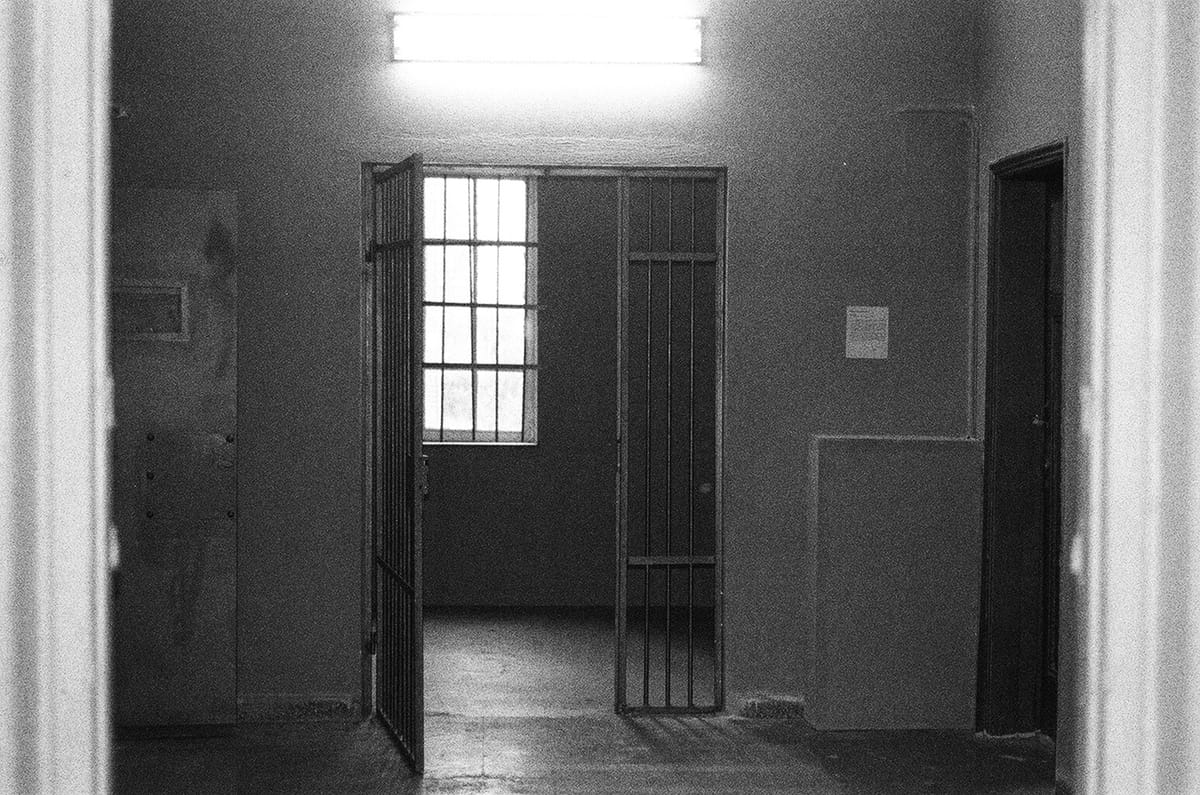Judge Declares Texas Prison Heat Likely Unconstitutional, Case Advances

AUSTIN, Texas (AP) — A federal judge has ruled that extreme heat conditions in Texas prisons are likely unconstitutional, allowing a lawsuit against the state to move forward. However, the judge declined to order immediate air conditioning installations, citing high costs.
Judge Recognizes Unconstitutional Conditions
In an order issued late Wednesday, U.S. District Judge Robert Pitman acknowledged that excessive heat in Texas prisons may constitute cruel and unusual punishment.
“The Court is of the view that excessive heat is likely serving as a form of unconstitutional punishment,” Pitman wrote. Despite this, he noted that installing permanent air conditioning in all facilities could cost “hundreds of millions, if not billions, of dollars.”
The lawsuit, initially filed in 2023 by inmate Bernie Tiede and later joined by several prisoner advocacy groups, claims that summer temperatures in Texas prisons regularly exceed 100 degrees, posing a severe risk to inmates’ health and safety.
Prison Heat-Related Deaths and Lawsuit’s Claims
Texas has more than 130,000 inmates, with approximately two-thirds housed in prisons without adequate air conditioning. State records indicate that at least three incarcerated individuals may have died from heat-related causes last summer, while heat is the fifth leading cause of serious injuries among staff. A 2022 study found that extreme heat contributed to 13% of deaths in Texas prisons between 2001 and 2019.
Advocates argue that heat-related deaths are underreported. Some former inmates testified that temperatures in cells can reach up to 120 degrees. Inmates resort to extreme measures for relief, including dousing themselves with toilet water or setting fires to force guards to intervene.
State’s Response and Legislative Inaction
The Texas Department of Criminal Justice (TDCJ) maintains that it has implemented adequate “heat mitigation” strategies, such as providing fans, ice, and access to cooled respite areas. However, advocates argue that these measures are insufficient.
TDCJ Director Bryan Collier stated that while he supports air conditioning for all prisons, the agency lacks the necessary funding. Despite a record $32.7 billion budget surplus last year, Texas lawmakers did not allocate funds specifically for prison cooling. The state legislature has introduced multiple bills mandating prison air conditioning, but none have progressed.
Next Steps in the Legal Battle
Although the court did not mandate immediate air conditioning installation, Pitman warned that the state could be forced to act if the plaintiffs win at trial. Both sides must submit a timeline for the case by April 10.
Texas is not alone in facing legal challenges over prison heat conditions. Similar lawsuits have been filed in Louisiana, New Mexico, and Georgia. If Texas is ultimately required to air condition its prisons, the cost could be substantial, forcing lawmakers to confront an issue they have long avoided.
Marci Marie Simmons, a former inmate and plaintiff in the case, called the ruling a significant step forward.
“This is a federal judge saying Texas is unconstitutionally housing people in dangerous and deadly temperatures,” Simmons said. “I cried for my people on the inside.”
As temperatures continue to rise, Texas prisons remain at the center of a legal and political battle over inmate rights and state responsibilities.
